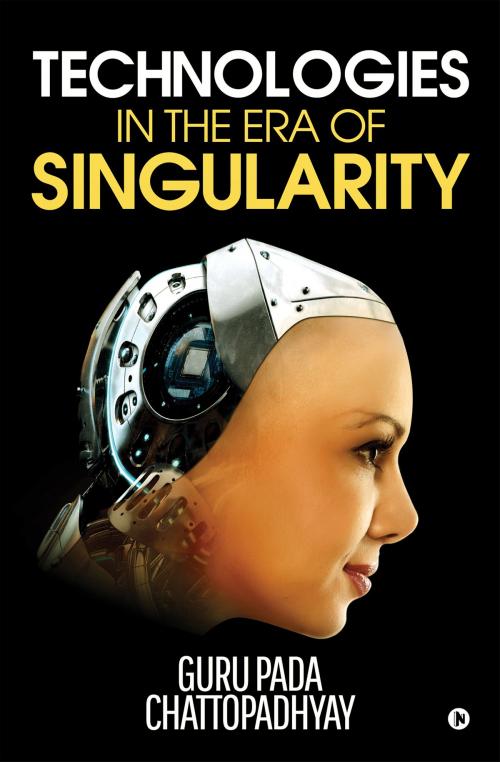| Author: | Guru Pada Chattopadhyay | ISBN: | 9781643241463 |
| Publisher: | Notion Press | Publication: | May 28, 2018 |
| Imprint: | Notion Press | Language: | English |
| Author: | Guru Pada Chattopadhyay |
| ISBN: | 9781643241463 |
| Publisher: | Notion Press |
| Publication: | May 28, 2018 |
| Imprint: | Notion Press |
| Language: | English |
When young, we didn’t have cellular devices but communicated through handwritten letter. We walked miles to school, in the sun and the rain. It’s mind-boggling to think how far we’ve come technologically. “Objects in mirror are closer than they appear.” That familiar warning applies to the windshield, not the rear view mirror when it comes to technology. And in case of exponential technologies, almost everything is closer than it appears.
Today’s students will be graduating in and around 2030. Over 65% of the jobs of that time have not been invented yet. What knowledge, skills and dispositions will our learners need for a successful future? How will exponential changes in technology influence them? How can they shape the future instead of being shaped by it?
There is an urgent need to be aware of exponential technologies which will usher in singularity, a point in time when artificial intelligence will equal and then surpass biological intelligence. An exploratory design of medical nanotechnology and robotics is creating mechanical artificial red blood cells, called respirocytes, which will deliver 236 times more oxygen to the tissues per unit volume. One can then do an Olympic sprint in fifteen minutes without taking a breath. Earth is awash with the sun’s rays carrying 10,000 times more energy than we need but we cannot harness it. In a foreseeable future, highly efficient, lightweight, nano-engineered solar panels will be able to store solar energy in distributed nanotechnology-based fuel cells. In the field of health, we are going to have tools to reprogram biology to block diseases and delay aging.
We need our future scientists and engineers to be wholesome human beings with the ability to think critically and pay heed to the moral and ethical issues of future technologies. Notwithstanding these issues, all great technological breakthroughs are absolutely necessary to alleviate poverty, disease, suffering and create abundance.
When young, we didn’t have cellular devices but communicated through handwritten letter. We walked miles to school, in the sun and the rain. It’s mind-boggling to think how far we’ve come technologically. “Objects in mirror are closer than they appear.” That familiar warning applies to the windshield, not the rear view mirror when it comes to technology. And in case of exponential technologies, almost everything is closer than it appears.
Today’s students will be graduating in and around 2030. Over 65% of the jobs of that time have not been invented yet. What knowledge, skills and dispositions will our learners need for a successful future? How will exponential changes in technology influence them? How can they shape the future instead of being shaped by it?
There is an urgent need to be aware of exponential technologies which will usher in singularity, a point in time when artificial intelligence will equal and then surpass biological intelligence. An exploratory design of medical nanotechnology and robotics is creating mechanical artificial red blood cells, called respirocytes, which will deliver 236 times more oxygen to the tissues per unit volume. One can then do an Olympic sprint in fifteen minutes without taking a breath. Earth is awash with the sun’s rays carrying 10,000 times more energy than we need but we cannot harness it. In a foreseeable future, highly efficient, lightweight, nano-engineered solar panels will be able to store solar energy in distributed nanotechnology-based fuel cells. In the field of health, we are going to have tools to reprogram biology to block diseases and delay aging.
We need our future scientists and engineers to be wholesome human beings with the ability to think critically and pay heed to the moral and ethical issues of future technologies. Notwithstanding these issues, all great technological breakthroughs are absolutely necessary to alleviate poverty, disease, suffering and create abundance.















